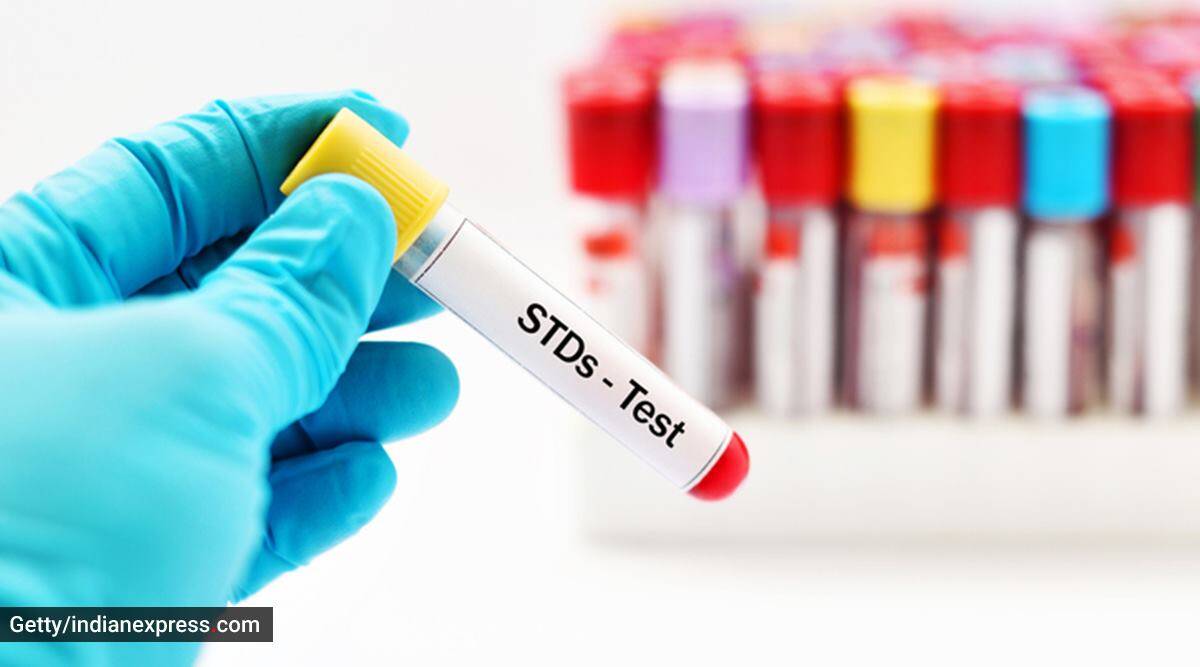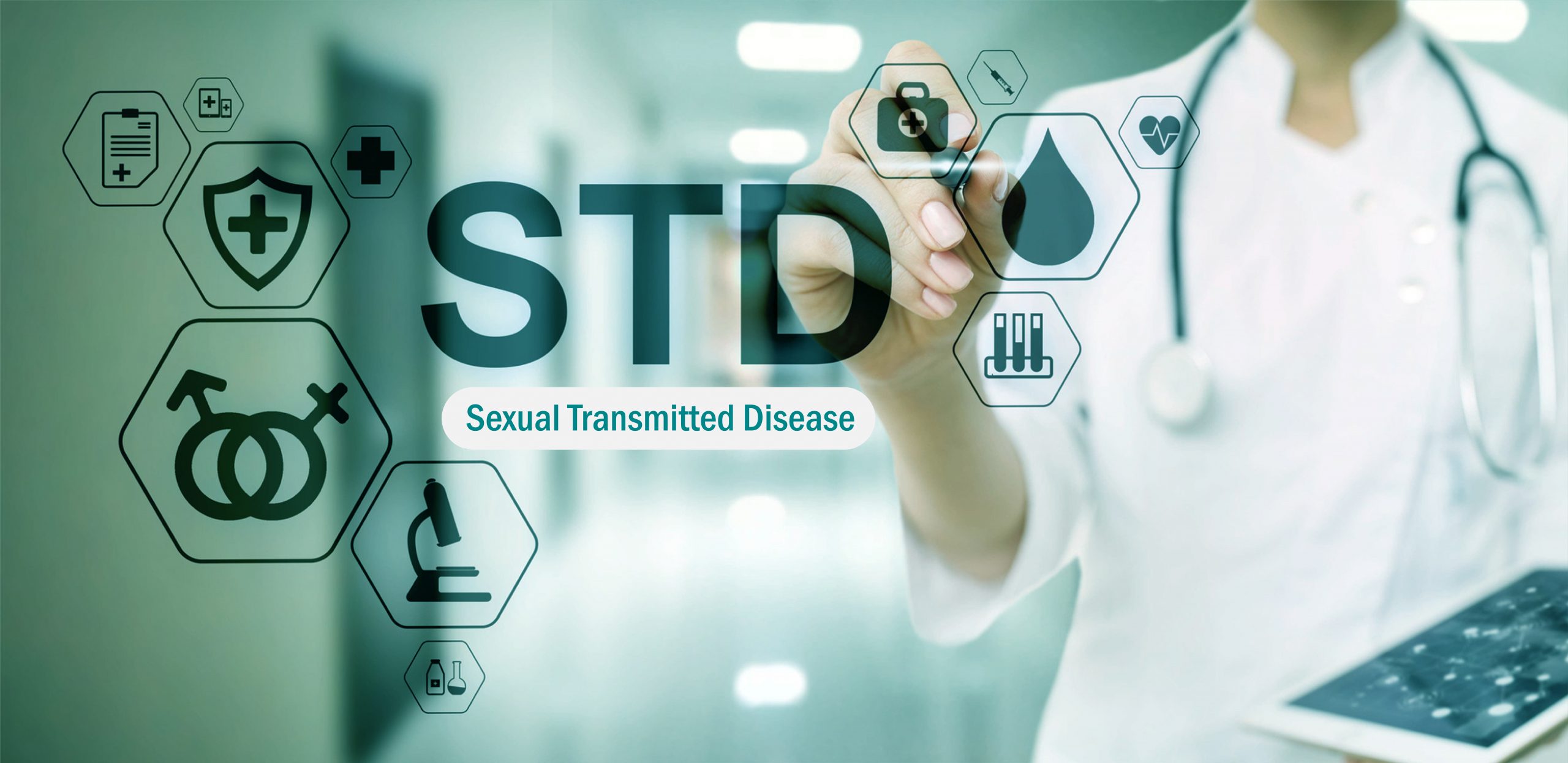- Home
- Our Providers
- Our Services
- Abdominal Aortic Aneurysm Screening
- Alzheimer’s Disease
- Antibiotics Treatment
- Arthritis
- Asthma and Allergies
- Blood Work
- Breast Cancer Screening
- Cancer Screenings
- Cervical Cancer Screening
- CHF
- Chronic Diseases Management
- Colon Cancer Screening
- Physical Exam and Preventative Care
- COPD
- Covid Testing
- Dementia
- Depression and Anxiety
- Diabetes Mellitus Type 1 & 2
- Ear Cleaning
- ECG
- Fibromyalgia
- Flu Tests
- GERD
- Heart Disease
- Hepatitis Screening
- High Blood Pressure
- High Cholesterol
- HIV Screen Tests
- Hormone Therapy
- Iron Injection
- Joint Injection
- Kidney Disease
- Lung Cancer Screening
- Medical Wellness Visits
- Men’s Health
- Nutrition Consultation
- Obesity
- Osteoporosis
- Peripheral Neuropathy
- Peripheral Vascular Disease
- Pre and Post Surgical Evaluations
- Prostate Cancer Screening
- Pulmonary Disease
- Pulmonary Function Test
- Seizure
- Sexual Transmitted Diseases
- Sick Visits
- Skin Biopsy
- Sleep Apnea
- Smoking Cessation and Reduction
- Stroke
- Testosterone Injection
- Thyroid Dysfunction
- Ultrasound
- Urine Analysis
- Vaccinations
- Vascular Studies
- Vitamin B12 Replacement
- Weight Loss
- Wound Care and Suture Removal
- Telemedicine
- Join Our Team
- Patients
- Book Appointment
Sexual Transmitted Diseases Screening and Treatment
CoreMed Plus is a healthcare provider specializing in screening and treating sexually transmitted infections (STIs). STIs are infections that are transmitted through sexual contact with an infected partner, and they can have severe complications if left untreated. CoreMed Plus offers services to help people with STIs, including screening, diagnosis, treatment, and ongoing care. Their healthcare professionals include doctors, nurses, and support staff trained in the latest treatments and techniques for managing STIs. Whether you are concerned that you may have an STI or have been diagnosed with one and are seeking treatment, CoreMed Plus can help you manage your symptoms, prevent further complications, and promote overall sexual health.

What Are Sexually Transmitted Infections
Sexually transmitted diseases (STDs) are infections that are transmitted through sexual contact with an infected partner. Bacteria, viruses, or parasites cause them and can affect both men and women. STDs can be transmitted through vaginal, anal, or oral sex and through sharing needles or other drug injection equipment with an infected person.
There are many types of STDs, each with their own symptoms and complications. Some common STDs include chlamydia, gonorrhea, syphilis, herpes, human papillomavirus (HPV), hepatitis B, and HIV/AIDS.
Many STDs can be asymptomatic, meaning they do not cause noticeable symptoms. This can make it difficult to detect and treat the infection and increase the risk of transmitting the infection to others. However, some STDs can cause symptoms such as genital sores, discharge, pain, itching, or burning during urination.
STDs can have severe complications if left untreated, such as infertility, chronic pelvic pain, certain cancers, and even death in the case of HIV/AIDS. However, many STDs are treatable with antibiotics or antiviral medications, and some can be prevented through condoms, regular testing, and vaccination.
It is vital for sexually active individuals to be aware of the risks of STDs and to practice safe sex by using condoms, getting regular testing, and avoiding high-risk behaviors such as unprotected sex and sharing needles. If you suspect that you may have an STD or have been exposed to an infected partner, it is essential to seek medical attention right away to get tested and treated if necessary.
Types of STIs
Chlamydia
Chlamydia is a common sexually transmitted infection (STI) caused by the bacterium Chlamydia trachomatis. It is transmitted through sexual contact with an infected partner, including vaginal, anal, and oral sex.
Chlamydia is one of the most common STIs in the world, and it can affect both men and women. However, it is often asymptomatic, meaning it does not cause noticeable symptoms. This can make it difficult to detect and treat the infection and increase the risk of transmitting the infection to others.
When symptoms do occur, they may include discharge from the penis or vagina, pain or burning during urination, and pain or bleeding during sexual intercourse. In women, chlamydia can also cause abdominal pain, fever, and irregular vaginal bleeding.
If left untreated, chlamydia can have serious complications, particularly in women. It can cause pelvic inflammatory disease (PID), which can lead to infertility, chronic pelvic pain, and ectopic pregnancy. In men, chlamydia can lead to epididymitis, a painful inflammation of the testicles.
Chlamydia can be diagnosed through a simple urine test or swab of the infected area. It can be treated with antibiotics, typically azithromycin or doxycycline. It is important for sexual partners of an infected person to also get tested and treated to prevent reinfection.
The best way to prevent chlamydia is to practice safe sex by using condoms or dental dams, getting regular testing if you are sexually active, and avoiding sexual contact with infected partners.
Gonorrhea
Gonorrhea is a sexually transmitted infection (STI) caused by the bacterium Neisseria gonorrhoeae. It is transmitted through sexual contact with an infected partner, including vaginal, anal, and oral sex. Gonorrhea is one of the most common STIs in the world, and it can affect both men and women.
However, it is often asymptomatic, meaning it does not cause noticeable symptoms. This can make it difficult to detect and treat the infection and increase the risk of transmitting the infection to others. When symptoms do occur, they may include discharge from the penis or vagina, pain or burning during urination, and pain or bleeding during sexual intercourse. In women, gonorrhea can also cause abdominal pain, fever, and irregular vaginal bleeding. If left untreated, gonorrhea can have serious complications, particularly in women.
It can cause pelvic inflammatory disease (PID), leading to infertility, chronic pelvic pain, and ectopic pregnancy. In men, gonorrhea can lead to epididymitis, a painful inflammation of the testicles. Gonorrhea can be diagnosed through a simple urine test or swab of the infected area. It can be treated with antibiotics, typically ceftriaxone and azithromycin. It is important for sexual partners of an infected person to also get tested and treated to prevent reinfection.
The best way to prevent gonorrhea is to practice safe sex by using condoms or dental dams, getting regular testing if you are sexually active, and avoiding sexual contact with infected partners.
Syphilis
Syphilis is a sexually transmitted infection (STI) caused by the bacterium Treponema pallidum. It is transmitted through sexual contact with an infected partner, including vaginal, anal, and oral sex.
Syphilis develops in stages, and each stage has its own set of symptoms:
- Primary Syphilis: The first sign of syphilis is usually a small, painless sore (called a chancre) on or near the genitals, anus, or mouth. The sore typically heals on its own within a few weeks.
- Secondary Syphilis: Several weeks after the chancre appears, a rash may develop on the body, including the palms of the hands and soles of the feet. Other symptoms may include fever, fatigue, sore throat, and swollen lymph nodes.
- Latent Syphilis: After the symptoms of secondary syphilis resolve, the infection enters a latent phase where there are no noticeable symptoms. This phase can last for years, and during this time, the bacteria can still be transmitted to others.
- Tertiary Syphilis: If left untreated, syphilis can progress to a late stage where it can cause serious complications such as blindness, heart disease, brain damage, and even death.
Syphilis can be diagnosed through a blood test or a swab of the infected area. It can be treated with antibiotics, typically penicillin. Sexual partners of an infected person should also get tested and treated to prevent reinfection.
The best way to prevent syphilis is to practice safe sex by using condoms or dental dams, getting regular testing if you are sexually active, and avoiding sexual contact with infected partners.

Herpes
Herpes is a common sexually transmitted infection (STI) caused by the herpes simplex virus (HSV). There are two types of herpes: herpes simplex virus type 1 (HSV-1) and herpes simplex virus type 2 (HSV-2). HSV-1 is typically associated with cold sores on or around the mouth, while HSV-2 is typically associated with genital herpes.
Herpes can be transmitted through direct contact with an infected person during sexual activity or through skin-to-skin contact. Many people with herpes do not have symptoms, which can make it difficult to detect and treat the infection. When symptoms do occur, they may include painful blisters or sores on or around the mouth, genitals, or anus. These sores may be accompanied by flu-like symptoms such as fever, headache, and swollen lymph nodes.
Herpes is a chronic infection, meaning that once a person is infected, the virus remains in their body for life. While there is no cure for herpes, antiviral medications such as acyclovir, valacyclovir, and famciclovir can help to manage symptoms and reduce the risk of transmission to sexual partners. It is important for the sexual partners of an infected person also to get tested and treated to prevent reinfection.
Human Papillomavirus (HPV)
Human papillomavirus (HPV) is a common sexually transmitted infection (STI) caused by the human papillomavirus. There are over 100 types of HPV, some of which can cause genital warts and others that can lead to certain types of cancer, including cervical, anal, and oral cancer.
HPV is transmitted through sexual contact with an infected partner, including vaginal, anal, and oral sex. Many people with HPV do not have symptoms, which can make it difficult to detect and treat the infection. When symptoms do occur, they may include small, flesh-colored bumps or warts on or around the genitals, anus, or mouth.
While there is no cure for HPV, vaccines are available that can prevent infection with certain types of the virus. The HPV vaccine is recommended for all boys and girls between the ages of 9 and 26, as well as for men and women up to the age of 45 who have not been previously vaccinated.
It is also important for sexually active individuals to practice safe sex by using condoms or dental dams, getting regular testing if you are sexually active, and avoiding sexual contact with infected partners. Women should also get regular Pap tests to screen for cervical cancer, which certain types of HPV can cause. If you suspect that you may have HPV or have been exposed to an infected partner, it is important to seek medical attention right away to get tested and treated if necessary.
Hepatitis B
Hepatitis B is a viral infection that affects the liver. It is caused by the hepatitis B virus (HBV), which is transmitted through contact with infected blood or bodily fluids. This can include sexual contact with an infected partner, sharing needles or other drug injection equipment with an infected person, or contacting contaminated blood or bodily fluids in a healthcare setting.
Many people with hepatitis B do not have symptoms, which can make it difficult to detect and treat the infection. When symptoms do occur, they may include fever, fatigue, nausea, abdominal pain, and yellowing of the skin and eyes (jaundice).
Hepatitis B can have serious complications if left untreated, including cirrhosis (scarring of the liver), liver failure, and liver cancer. However, there are antiviral medications available that can help to manage the infection and prevent these complications.
The best way to prevent hepatitis B is to get vaccinated. The hepatitis B vaccine is recommended for all infants, children, and adolescents, as well as for adults who are at high risk for the infection. Other prevention measures include practicing safe sex using condoms, avoiding sharing needles or other drug injection equipment, and using standard precautions in healthcare settings.
HIV/Aids
HIV (human immunodeficiency virus) is a virus that attacks the immune system, which is the body’s natural defense against infections and diseases. If left untreated, HIV can lead to AIDS (acquired immunodeficiency syndrome). This condition weakens the immune system and makes it more difficult for the body to fight infections and diseases.
HIV is transmitted through contact with infected blood, semen, vaginal fluids, or breast milk. This can include sexual contact with an infected partner, sharing needles or other drug injection equipment with an infected person, or mother-to-child transmission during pregnancy, childbirth, or breastfeeding.
Many people with HIV do not have symptoms in the early stages of infection, making it difficult to detect and treat the virus. When symptoms do occur, they may include fever, fatigue, sore throat, rash, and swollen lymph nodes.
While there is no cure for HIV, antiretroviral medications can help manage the virus and prevent the progression to AIDS. People with HIV can also take steps to support their immune systems, such as eating a healthy diet, getting regular exercise, and avoiding high-risk behaviors such as smoking and drug use.
The best way to prevent HIV is to practice safe sex by using condoms or dental dams, avoiding sharing needles or other drug injection equipment, and getting tested regularly if you are sexually active. It is also crucial for pregnant women with HIV to receive appropriate medical care to prevent mother-to-child transmission.

How CoreMed Plus Can Help You!
- CoreMed Plus is a healthcare provider specializing in screening and treating sexually transmitted infections (STIs).
- They offer a range of services to help people with STIs, including screening, diagnosis, treatment, and ongoing care.
- CoreMed Plus is staffed by healthcare professionals who are trained in the latest treatments and techniques for managing STIs, including doctors, nurses, and support staff.
- They provide non-judgmental and supportive care and prioritize patient confidentiality and privacy.
- CoreMed Plus offers a variety of testing options to suit each individual’s needs, including rapid tests and advanced testing methods for faster and more accurate results.
- They use the latest treatment options to treat STIs, including the most effective antibiotics, antivirals, and other medications.
- CoreMed Plus provides education and counseling on prevention and safer sex practices, as well as guidance on protecting oneself and others from STIs.
- They offer follow-up care and monitoring to ensure that patients receive ongoing support and treatment for their STI.
- CoreMed Plus is committed to promoting sexual health and well-being and reducing the spread of STIs in the community.
Contact Information
If you’re ready to take charge of your health and embark on a journey toward a healthier, happier life, we invite you to contact us today. Our compassionate and knowledgeable staff is excited to take your call and help you on your health journey. We will work closely with you to develop a customized treatment plan that is right for you and provide the support and care you need every step of the way.
Don’t let health concerns hold you back – contact CoreMed Plus today and let us help you achieve optimal health and wellness. We look forward to hearing from you and helping you achieve a healthier, happier life.
- Email: [email protected]
- Phone: +1 248-666-6005




